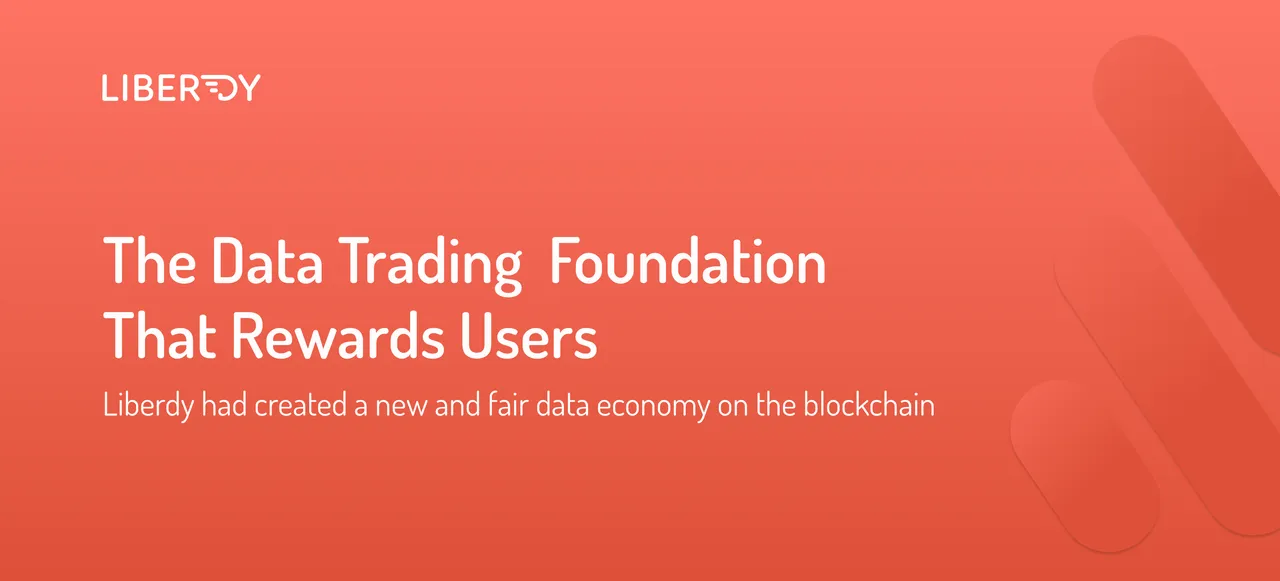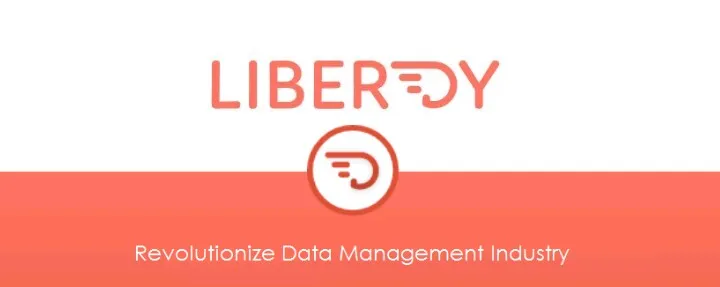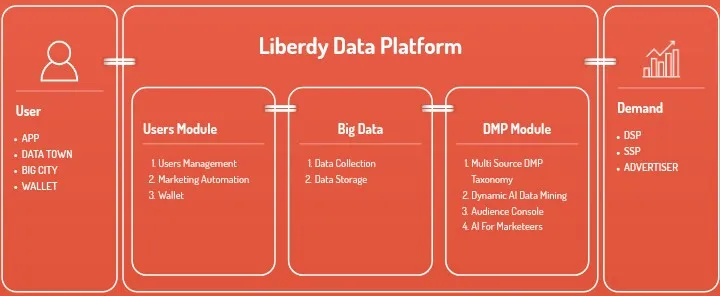The internet is home to many platforms such as blog, social networks and websites. It also hosts both the good and bad side of transacting through the net. Advertisement is one out of many utilities used over the internet.
Many businesses out there are looking for ways to reach their target audience. Digital advertising (advertising over the internet) is a great way of making your business heard. Promoting your products and service digitally is far better than issuing flyers and using other traditional/physical advert channels.
You might have come across a product on the net that meets your pain point. Does it occur to you how such adverts got to you? The digital advertising industry is greatly improving and I have to state here that it is working like a CIA. You are kept at close watch and virtually all your activity on the internet is centrally recorded.
From your browsing history to cached data, the internet knows much about you. Users’ data are being used by many companies in their adverts. Popular advertising channels such as Facebook and Google are major players in digital advertising.
Your activities are monitored and from these, your interest and pre-dispositions are gathered as data and sold to companies that might need them. So the next time you drop a post on Facebook and when next you type in a keyword on Google, have it in mind that your activity is being monitored.
It is good to have products and services that meet your pain point appearing on your screen as pop-up adverts. But the issue there is that you have obviously lost control of your data. Users’ data is at the mercy of companies and digital advertisers such as Google and Facebook.
Before we proceed, let’s have an insight into the issues on ground and see how they affect the digital advertising industry.
Existing Problems
It is no longer news that user’s data are collated without their knowledge. What I consider new here is users’ ignorance to what they’re losing. In the first place, you should be in charge of your data and not some other third-party.
Though your data might have been gathered without your knowledge, there are some other petty activities you engage in that make you culpable. For instance, Google might request permission to turn on the “location” setting in your device. As they often posit, they’re trying to help you get optimum results in your search.
Another instance is when you enable cookies on your browser. This is the highly-utilized approach of gathering your data. So you should step up and put an end to this by correcting the above.
Back to the issue on ground: these digital advertisers (Google and others) gather your activities on the net without your knowledge; package them as data and sell to companies in need of behavioral adaptations of users.
Gathering your activities or data is not the main issue; the core problem is that you get nothing in return. Users’ data are sold to companies in millions of dollars and users get nothing out of these.
Your data that is meant to be private will then become public knowledge and you’re at the receiving end. Apart from users, some other digital advert platforms are affected. There are some platforms out there with respect for users’ data. So when much of these platforms illegally obtaining users’ data come to play, these considerate platforms go home to roost.
A Key Solution

There are many platforms out there (especially blockchain platforms) that seek to redress existing problems in the data brokerage industry. Liberdy is joining the list with style. Liberdy aims at returning data to users and giving users total control of their data.
It targets decentralization of the digital advertising industry. Liberdy recognizes the role advertising technology (Adtech) plays in digital advertising and is therefore, aiming at even distribution of Adtech to major investors (users) and not just concentrating it in the hand of few advertising channels.
Liberdy is set to wrest advertising data from the grips of centralized platforms such as Google and Facebook and will also reward prospective users for their used data.
The walk to Freedom
To achieve its aim, Liberdy is set to develop a unique Advertisement Technology (Adtech) ecosystem. The idea here is that users can assent to or decline access to their data. If you have lost your data to high-handed advertisers, Liberdy is now giving you the leverage of being in control of who gets what.
The platform will use decentralized data storage on its blockchain. Liberdy is creating a unanimous platform that allows both users and digital advertisers have smooth flow.
Wrapping Up
 Developed by well-informed team, Liberdy will transform the digital advertising industry by bringing new technologies into its ecosystem. Its zeal to develop a new Advertisement Technology (Adtech) ecosystem is the right step towards the right direction.
Developed by well-informed team, Liberdy will transform the digital advertising industry by bringing new technologies into its ecosystem. Its zeal to develop a new Advertisement Technology (Adtech) ecosystem is the right step towards the right direction.
If you’re familiar with cyber crimes, you might have heard of the data scandal that rocked Facebook few months ago where users’ data were stolen. With the platform offered by Liberdy, you have control over your data and can share with whomever you want.
Token Specifications
Token Ticker: LIB
Token Type: Utility token
Platform: Ethereum
Total Supply: 300 million
Token Price: 1 LIB=$0.1 USD
Soft Cap: $5 million
Hard Cap: $30 million
How It Works
TEAM & ADVISORS

To learn more about this revolutionary project, kindly visit the links below
Website: https://liberdy.io
Whitepaper: https://bd7me1gf9gn36n2ki11xi17j-wpengine.netdna-ssl.com/wp-content/uploads/2018/05/whitepaper-v1.1-FINAL-1.pdf
Medium https://medium.com/@liberdy/its-time-to-reclaim-your-data-85a1775abe73
Steemit: https://steemit.com/@liberdy
Social Media
Twitter: https://twitter.com/Liberdy_
Facebook: https://www.facebook.com/liberdy.io/
Telegram Community: https://t.me/liberdy
Writer: Collinberg
Bitcointalk Profile Link: https://bitcointalk.org/index.php?action=profile;u=1532780

